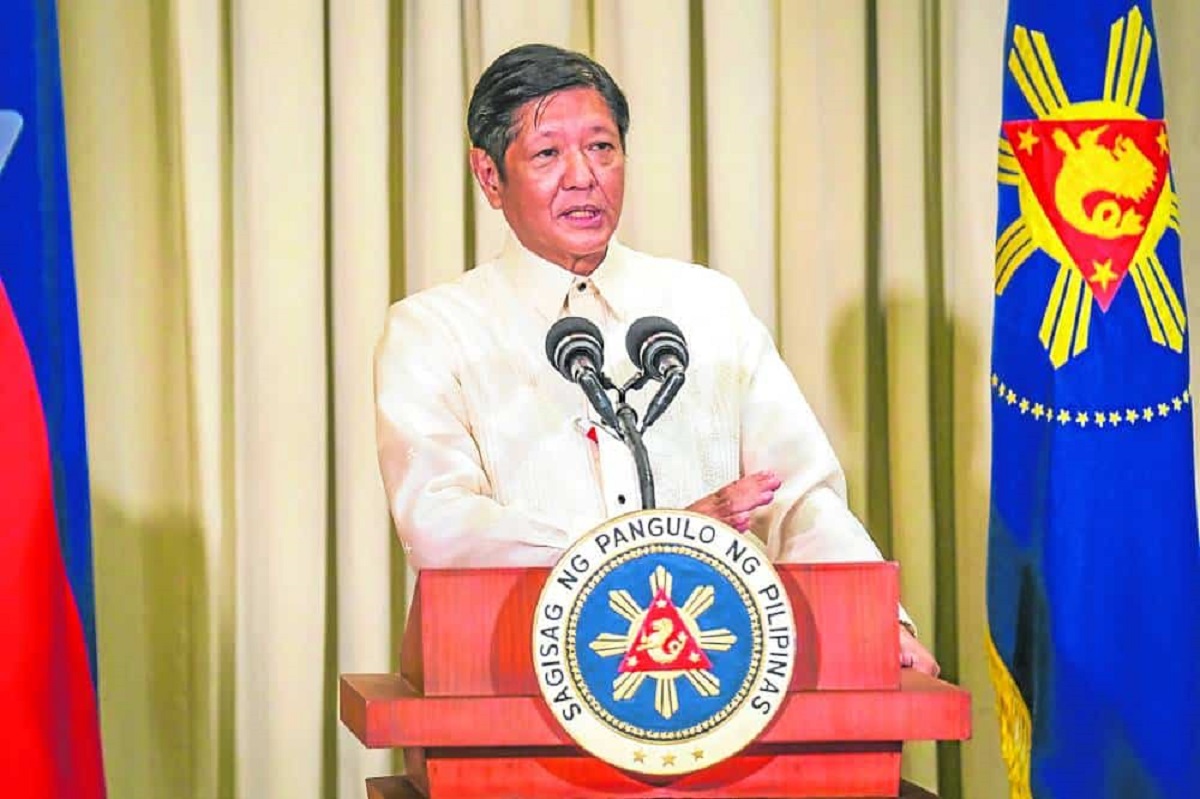
President Ferdinand Marcos Jr. —PPA POOL
MANILA, Philippines — There will be now less backlogs and delays in cases pertaining to Islamic matters after President Ferdinand “Bongbong” Marcos Jr. green lighted additional Shari’a judicial districts and circuit courts, according to a Bangsamoro lawmaker.
Bangsamoro member of the parliament Rasol Mitmug Jr. made the remark on Friday as Marcos signed on August 12 Republic Act (RA) No. 12018, which creates three additional Shari’a judicial districts and 12 Shari’a circuit courts nationwide.
READ: Law creating more Shari’a Judicial Districts, circuit courts signed
Mitmug in a statement, noted that “these courts play an important role in resolving matters of personal status, family law and inheritance according to Islamic principles.”
“With more courts spread across different regions, many Muslim citizens will now have greater access to judicial redress within their own communities, reducing the distance and barriers to seeking justice,” he said.
Before its signing, the country only had five Shari’a judicial districts, all located within Mindanao only.
The new law establishes three more Shari’a Judicial Districts that would cover many areas in Visayas and in Luzon, which includes Cordillera Administrative Region and even Metro Manila.
RA No. 12018 likewise increases Shari’a circuit courts from 51 to 63 as it establishes 12 more.
MP Amir Mawallil called the law a “significant advancement”, thanking Marcos for “deeply understanding” the plight of the Muslims.
“It acknowledges the importance of the Shari’a judicial system and brings it closer to the communities it serves, ensuring that justice according to Islamic law is more accessible to all,” Mawalil said in a statement on Friday.
MP Laisa Alamia on Friday said the new law is a step towards the creation of “just and equitable society” for Filipino Muslims.
“It is a recognition that justice must not only be fair and accessible but also culturally and religiously sensitive,” Alamia said in a statement.